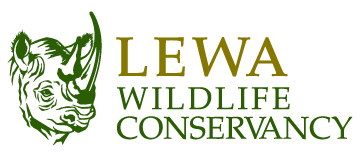May 20th marked Endangered Species Day.
On this day we sought to increase public awareness of endangered plants and animals and the measures that may be taken to protect them.
As Lewa Wildlife Conservancy, we have been on a journey to restore the numbers of the Critically Endangered black rhino in Kenya. Africa’s black rhinos in the 1970s numbered about 65,000, but due to poaching, the numbers dropped significantly to 2,410 in the 1990s with less than 400 left in Kenya. Thanks to the efforts put in place by the founders of Lewa Wildlife Conservancy, a sanctuary was created to protect these animals from extinction.
As of end 2021, Kenya had a total of 938 black rhinos, 132 of which reside within Lewa, along with 118 white rhinos. Lewa’s world-class ranger and rhino monitoring teams work around the clock to ensure the safety of these animals, along with many other vulnerable species within Lewa.
Climate change is a major concern to today’s black rhino population and exacerbates human-wildlife conflict over competition for limited food and water sources. As Lewa, we are currently experiencing an extended drought due to inconsistencies in rain patterns. In response, we have started a supplementary feeding programme for black rhinos. This entails strategically placing food in regions where our black rhinos are likely to travel or reside. Lactating rhinos with young ones are given top consideration as they are the most vulnerable during droughts.
 Our determination to ensure that no black rhino is lost is paramount to us. Last year we witnessed 35 new births on the Lewa-Borana Landscape, a record number of newborns, and we are determined to have this number grow this year.
Our determination to ensure that no black rhino is lost is paramount to us. Last year we witnessed 35 new births on the Lewa-Borana Landscape, a record number of newborns, and we are determined to have this number grow this year.
Community participation is also essential for the continued growth of the black rhino in Kenya. Wildlife gains value when communities understand and accept it as a part of their own. As Lewa, we’ve witnessed communities in Northern Kenya come to appreciate wildlife and the link between it, local tourism and improved lives and livelihoods. When it comes to wildlife monitoring and poaching prevention, communities are now our first line of defence.
We continue to thank our donors and partners who make it possible for us to continue our mission of sustainable conservation. We continue to believe in the prospect of a future where communities cherish, conserve, and benefit from wildlife.
This Endangered Species Day we can celebrate together the tremendous gains we’ve made and will continue to make for wildlife in Kenya.







